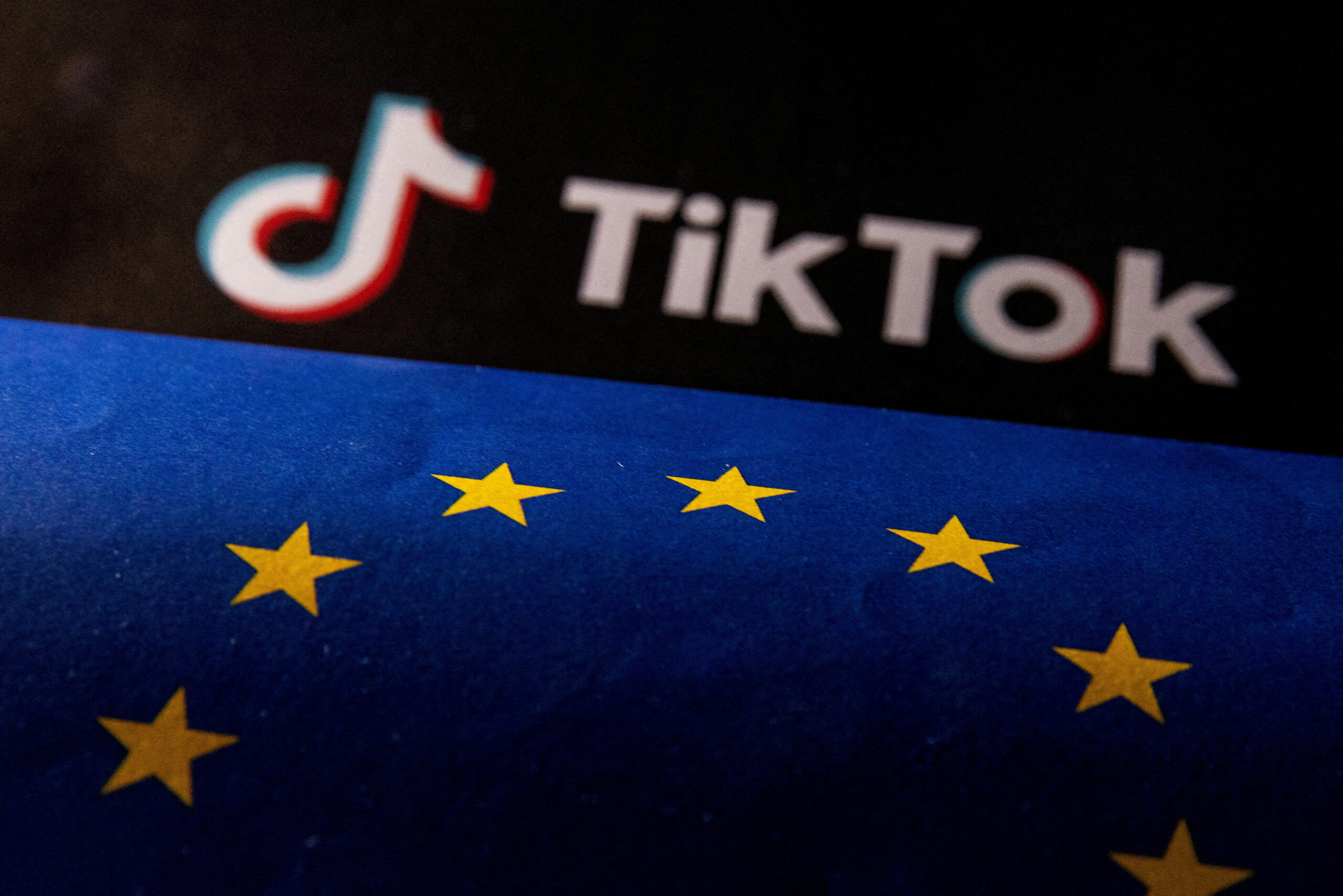Is there a secret to longevity? This health expert says 1,000% yes
In the era of social media, post-COVID, and with mental health at the forefront, a shift is taking […]

The European Parliament has given approval on Tuesday to more stringent regulations concerning political advertising, with a focus on curbing foreign influence, particularly in online platforms. According to the new framework, sponsors from third countries are prohibited from funding political advertising within the EU during the three-month period preceding an election or referendum.
The regulations, part of the Digital Services Act (DSA), also prohibit political ads that use profiling and the data of minors. Additionally, any political advertisement must be distinctly labelled as such and include details about the sponsor, payment information, and associated costs.
These measures, proposed by the European Commission in 2021, aim to enhance transparency in political advertising as part of broader initiatives to safeguard the integrity of elections.
Sandro Gozi, the lawmaker overseeing the parliamentary process, declared that while these rules may not be a panacea, they represent a significant step in complicating the efforts of certain actors. At a press conference on February 27, he stated, “We are finally establishing a unified market for political advertising services. The prohibition on non-EU entities financing campaigns will take effect in time for the next EU elections, but, in general, the rules will be applicable to all types of votes – regional, municipal, and national.”
The DSA imposes rigorous regulations on very large online platforms, mandating adherence to strict rules, particularly in combating misinformation and incorporating transparency requirements.
In response to these requirements, both TikTok and Meta, the social media giants, have recently unveiled measures to counter misinformation. For instance, Meta has announced that advertisers running election-related ads on its platform will be obligated to disclose the use of AI or fake images.
Currently, the commission is soliciting feedback with the intention of formulating draft guidelines under the DSA, specifically addressing the integrity of elections. These guidelines are designed to offer companies best practices and examples of potential mitigation measures concerning election-related risks and content generated by Generative AI.

In the era of social media, post-COVID, and with mental health at the forefront, a shift is taking […]

With its fast speeds and revolutionary potential, 5G stands out as a noteworthy milestone in the field of […]